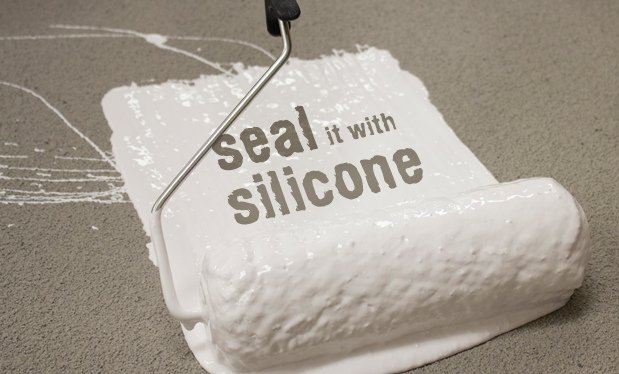"A cynic," H.L. Mencken once said, "is a man who, when he smells flowers, looks around for a coffin."
As I write this column during NRCA's biennial legislative conference, which we hold in the nation's most dysfunctional city, Washington, D.C., the House of Representatives can't figure out who the next speaker will be; Congress hasn't figured out how to pass a budget; and the entire federal government faces the prospect of a shutdown because some members of Congress will use raising the debt ceiling as a vehicle for making a point.
Let's just say there are a lot of people looking for coffins in our nation's capital.
And yet despite the dysfunction, there is one (enormous) part of government that is able to get things done seemingly at will—regulatory agencies. High-level regulators understand they are most likely in their final year of office and are anxious to leave their marks on the agencies they serve. That's noble for them, I suppose, but terrible for the rest of us.
The Occupational Safety and Health Administration is forcing its way into the management of state plans for residential fall protection. And it is preparing what undoubtedly will be comprehensive new regulations addressing worker exposure to silica.
The National Labor Relations Board has issued a series of rulings—truly without precedent—making life more difficult for employers. The Department of Labor has issued a new definition of an "independent contractor," which will give it broader enforcement powers.
The Department of Transportation has regulated trucking so heavily it is increasingly difficult to schedule deliveries of materials. The Immigration and Customs Enforcement folks have adopted a tactic of singling out individual employers to investigate and, almost always, issue fines for paperwork violations.
And not to be outdone, the president, by Executive Order, has imposed all sorts of new requirements on federal contractors: a new minimum wage, sick pay mandates and "pay transparency" rules, just for fun.
So how is it even possible for a small-business owner to keep up with all this? Well, it's not. Instead, the crush of regulations simply tempts more people to cheat, and we often see evidence of this in the roofing industry: residential contractors who do not use fall protection, commercial contactors who hire "subcontractors" as their labor and, according to the Pew Research Center, a workforce that now includes more than 20 percent undocumented workers.
The only real way to change the system is to elect people who understand the problems. Luckily, we'll have that chance next year. Now is the perfect time to get engaged, support candidates who agree with you and make a difference.
Bill Good is NRCA's CEO.



